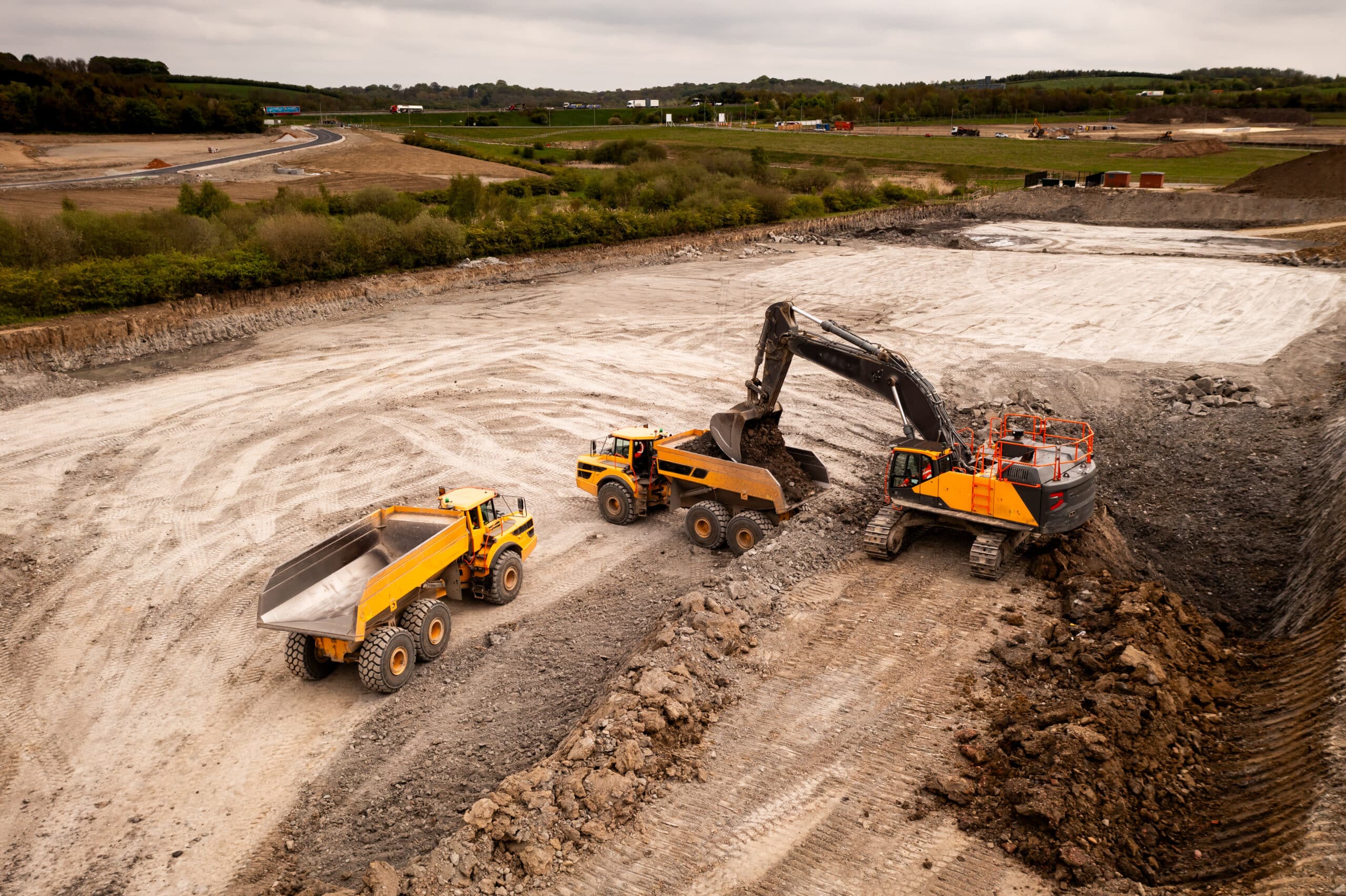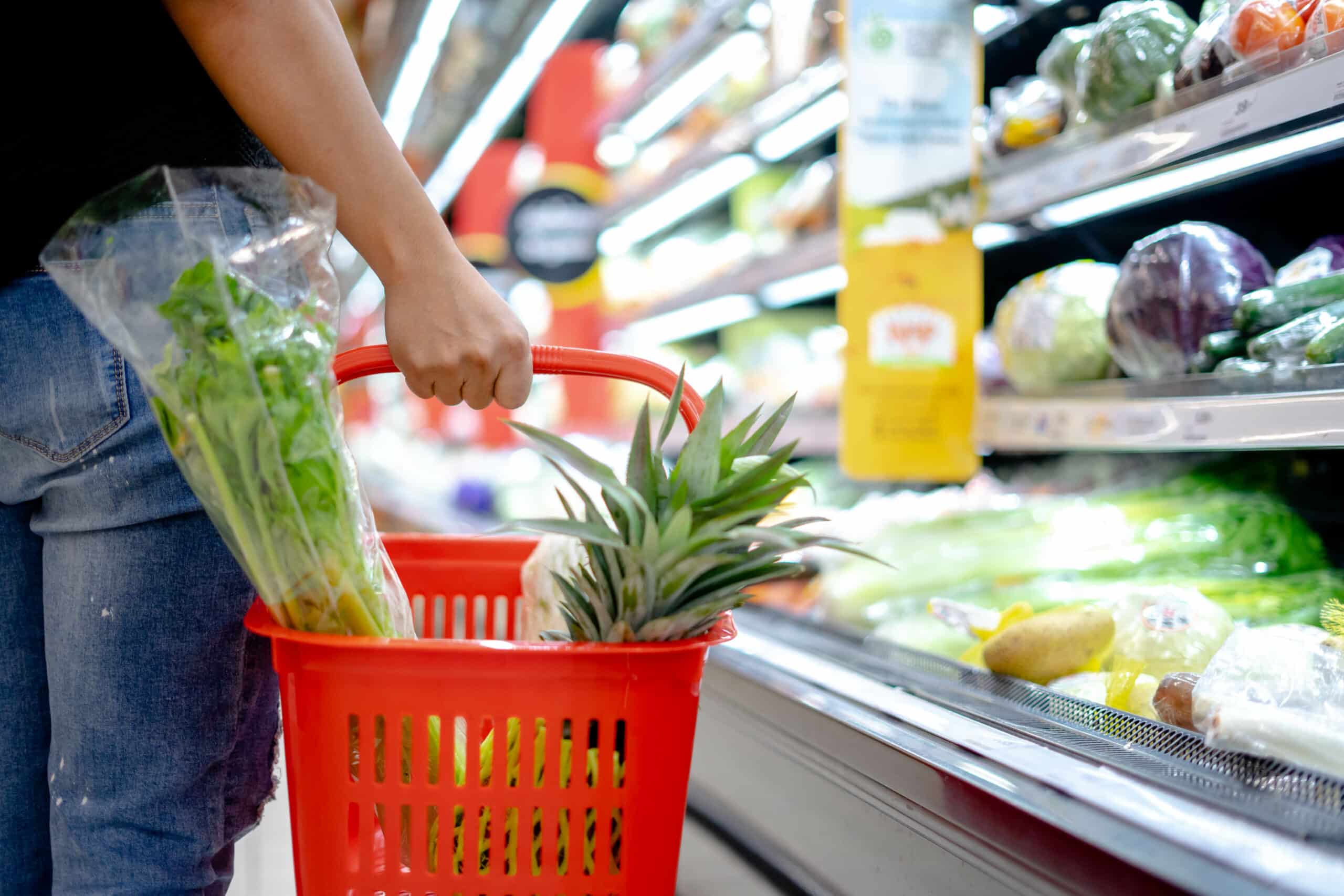Ghana stands at the forefront of agricultural innovation, heralding a new era for agribusiness in Ghana and the African continent. With its vast resources, favourable economics of production, and robust government support, Ghana is not merely aiming for self-sufficiency in food production but is also poised to become a pivotal contributor to Africa and beyond in terms of food supply.
Ghana: An agricultural powerhouse
Nestled in the heart of West Africa, Ghana, (formerly known as the Gold Coast), is a country rich in diversity and agrifood potential. With a burgeoning population that exceeds 30 million, Ghana celebrates a vibrant mix of ethnic, linguistic, and religious communities. It has a youthful demographic, with a median age of approximately 20.67 years. Approximately 60% of its population are within the working-age bracket (15 to 64 years), providing the impetus and potential to drive agribusiness in Ghana forward.
Why are people investing in agribusiness in Ghana?
The economic forecast for Ghana, and indeed Africa, remains optimistic despite fluctuating oil prices, with major economic bodies like the IMF and World Bank projecting a bright future.
Ghana’s agribusiness sector showcases several compelling advantages, including:
- Abundant resources: Ghana has plenty of fertile agricultural land and water resources, supported by a vast labour force and significant funding opportunities for development.
- Economic viability: Ghana’s climate allows for multiple cropping seasons per year, while also benefitting from low property costs and proximity to both local and international markets.
- Food demand: With projections indicating a doubling of Ghana’s population by 2050 and high levels of food importation in the region, the demand for sustainable and locally-produced food is set to soar both domestically and globally.
- Political stability: Although Ghana has weathered periods of instability since gaining independence in 1957, the country has made significant progress towards stability through democratic practices, economic reforms, and respect for term limits and peaceful power transfers. Successive governments have actively supported agribusiness in Ghana through initiatives like the ten-year tax holiday for Free Zones Enterprises. Ghana is also one of Africa’s fastest-growing economies with a currency closely tied to the US dollar.
Agriculture and Ghana’s economy
The Ghanaian government’s unwavering support has created a conducive climate for investors and positioned the private sector as the economy’s primary driver. In 2020, agriculture’s contribution to Ghana’s GDP reached an impressive 17.31%. Initiatives like Public-Private Partnerships (PPPs) continue to invigorate investment, in particular incentives such as a five-year tax holiday for cash crop companies and import duty exemptions for agricultural equipment have been well received.
Ghana boasts approximately 13.6 million hectares of fertile land, with 7.3 million hectares under cultivation. Farming in the region supports a wide range of commodities, including staples like cassava, yams, and plantains, as well as crops such as rice, maize, and soybeans. The government is also aiming to enhance productivity and sustainability by pushing towards large-scale mechanised farming. This initiative seeks to modernise the agricultural sector by introducing advanced farming techniques and equipment. This move towards mechanisation is part of a broader strategy to stimulate economic growth, create job opportunities, reducing reliance on manual labour, and improve the livelihoods of its agribusiness workers and general population.
Ghana’s role in feeding Africa and the World
Ghana’s strategic position and commitment to agribusiness present a significant opportunity for national development. Through the effective utilisation of its resources, the promotion of sustainable practices, and the adoption of technological innovations, Ghana is making substantial progress and has the potential to set the benchmark in agricultural practices and food security for Africa.
Championing agribusiness in Ghana
Ghana‘s favourable agricultural climate, government backing, and strategic initiatives provide a fertile ground for investment and innovation in agribusiness, however many major challenges must be overcome before the country can realise its true potential.
At Farrelly Mitchell, we recognise Ghana‘s emerging role as an agricultural innovator and key player in bolstering food security across Africa and beyond. With our in-depth expertise in capacity building and training, program design & implementation, and institutional development, we are well-positioned to support public and private stakeholders looking to tap into Ghana‘s agribusiness potential.














